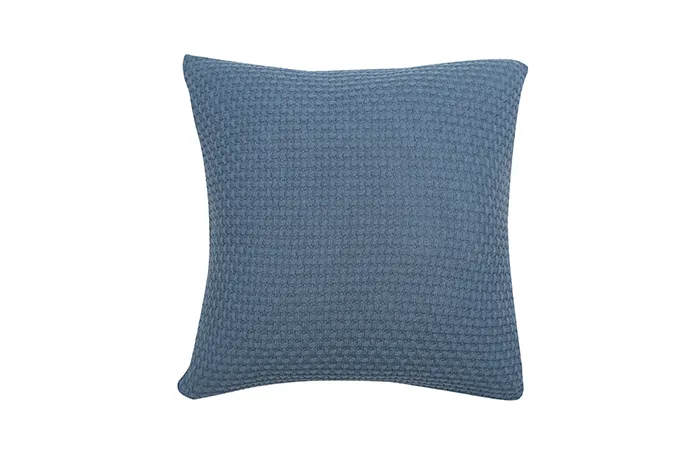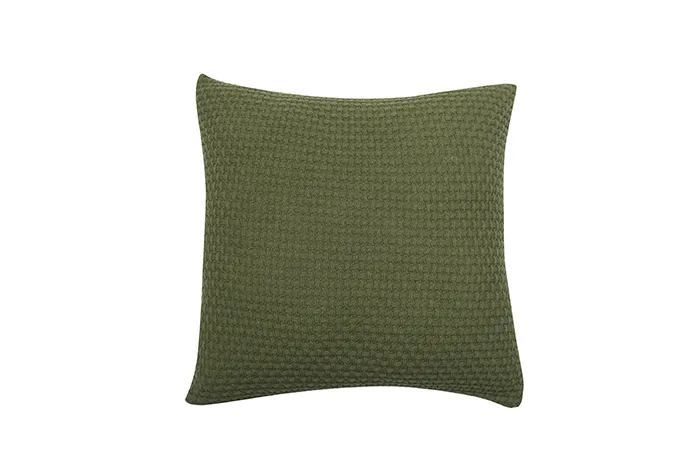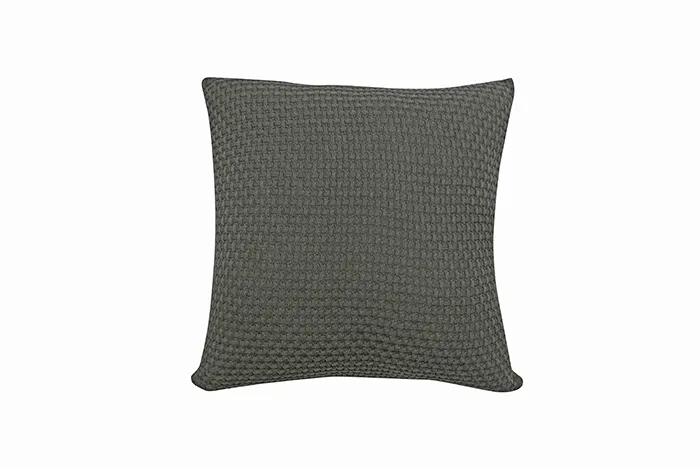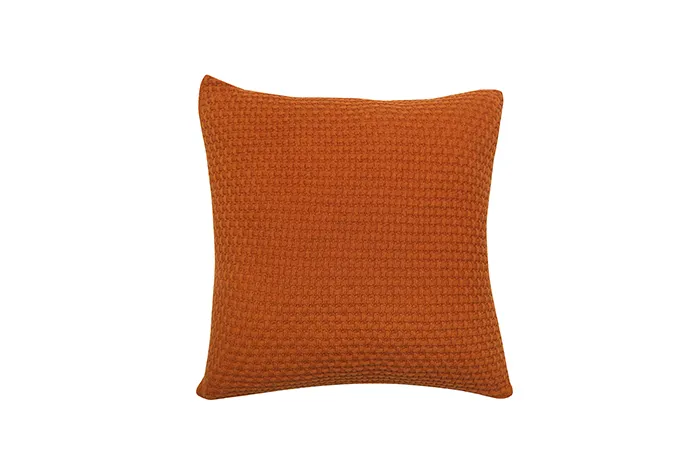Material
Dyeing cotton organically is a climate-conscious way to reduce the environmental impact of production. In our organic dyeing process, the waste water is purified in a partially biological way and then reused. In this case, biological means that we add fertilizer in the form of cow manure to the waste water. This adds useful bacteria that naturally digest the chemicals before they sink to the bottom. The purified water still contains a certain amount of salt, and therefore most of it is reused for new dyeing where salt is needed. The remaining water is transported to a "solar bed" where it evaporates before the residual salt is taken care of. Our production takes place in a part of the world where the availability of clean water cannot be taken for granted. Therefore, this is an incredibly important part of our work to have as little negative environmental impact as possible.
There are many benefits of cotton. Cotton textiles can be washed and dried at high temperatures without being damaged or degraded. The material feels soft and smooth against the skin and has excellent absorbency. In addition, cotton fiber is a material that breathes and helps maintain an optimal body temperature. It is no coincidence that interior textiles such as bed linen, bath towels, towels and bathmats are often made of cotton.
Did you know, for example, that the material cotton can absorb up to ten percent of its own weight in moisture without feeling wet? Overall, the material can absorb as much as 80 percent of its own weight in moisture. Cotton is also the only material that actually gets stronger when wet. The production is certified according to:
· STANDARD 100 by OEKO-TEX® – the world's leading label for textiles, accessories and products tested for the content of substances harmful to health. The certification means that the product meets high human ecological requirements, and does not contain chemicals in levels that are harmful to health. The certification must also guarantee that the finished product does not cause allergic problems.
· SEDEX – certification means that we are members of the Supplier Ethical Data Exchange. It is a global and non-profit membership organization that drives improvements for responsible and ethical business practices in global supply chains, including when it comes to work environment, recruitment, employee rights and compliance with environmental legislation. Sedex is also an online database used by more than 65,000 members in over 150 countries, enabling companies to store and display data on ethical and responsible business practices. Membership ensures that companies in the supply chain behave fairly, understand the impact of new regulations on business operations in a timely manner and reduce risks in a rapidly changing, interconnected business environment.




Your item has been added to the cart!